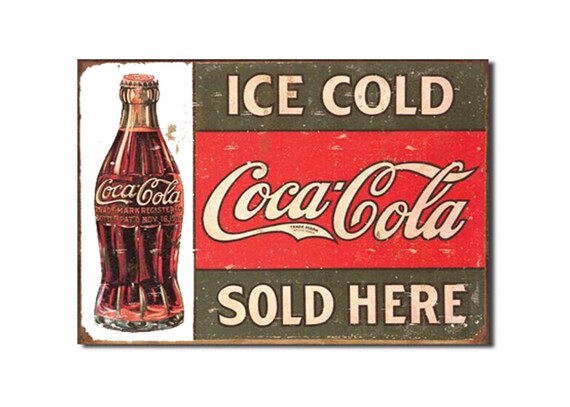
It’s a little known fact that Coca-Cola was launched as a way to relieve the anxiety of change, but it’s true. Coca-Cola’s unique formula was developed to replace the addiction of Victorians to morphine and opium.
The question is: why were Victorians addicted to morphine and opium?
The answer is: the pace of change.
Victorians were hugely scared by how society was moving forward so quickly: replacing horses with vehicles; replacing letters with telephone calls; lighting the house with electricity instead of candles; and more.
In the late 1800s the world was being transformed by these technologies, and Coca-Cola was a way of trying to escape. Today, it might be marijuana or, maybe, both. Either way, the issue we face is the pace of change.
Change is the only constant.
And there is the rub … change is the only constant.
When I reflect on this, I think back throughout my own life.
When I was born, there was no internet, no mobile or smartphone, no colour TV, no one who had flown into space … I’m showing my age but, today, as I look at the world, I cannot believe how much humanity has progressed.
Equally, I cannot believe how much humanity has regressed. Since I was born, we have destroyed most of our planet; we have created greenhouse gas emissions that are far greater than ever before; we have destroyed more than half of the biodiversity and ecosystem of our planet; and we have become far more individual and self-serving than any previous generation.
What this represents is a world, like every previous world, where humans develop, progress, innovate and create. It’s in our blood. We all grow up with the ambition to change the world and, because of that, we often do.
The world today is different to the world of yesterday and the world of tomorrow.
Imagine a century from now … can you?
IMHO, a world a hundred years from now will see humans happily tripping between London and New York in around three hours but, more than this, travelling from New York to the Moon Station in less than a day; but, more than that, travelling from the Moon Station to Mars in less than a month.
In a hundred years, I can imagine that we will talk to each other in real-time by thinking. There will be no phones or smartphones. Just brainwaves.
In a hundred years, we won’t drive or have cars or trains. We will just jump into a hole and be transported.
You may think this is all stupid but we have already connected our brains to the network. So, in a hundred years, humans will be very different to the humans of today or the humans of a hundred years ago.
A hundred years ago – 1924 – we were in the Roaring Twenties. Check it out …
What age are we in today … and do you still drink Coca-Cola?
Chris M Skinner
Chris Skinner is best known as an independent commentator on the financial markets through his blog, TheFinanser.com, as author of the bestselling book Digital Bank, and Chair of the European networking forum the Financial Services Club. He has been voted one of the most influential people in banking by The Financial Brand (as well as one of the best blogs), a FinTech Titan (Next Bank), one of the Fintech Leaders you need to follow (City AM, Deluxe and Jax Finance), as well as one of the Top 40 most influential people in financial technology by the Wall Street Journal's Financial News. To learn more click here...

